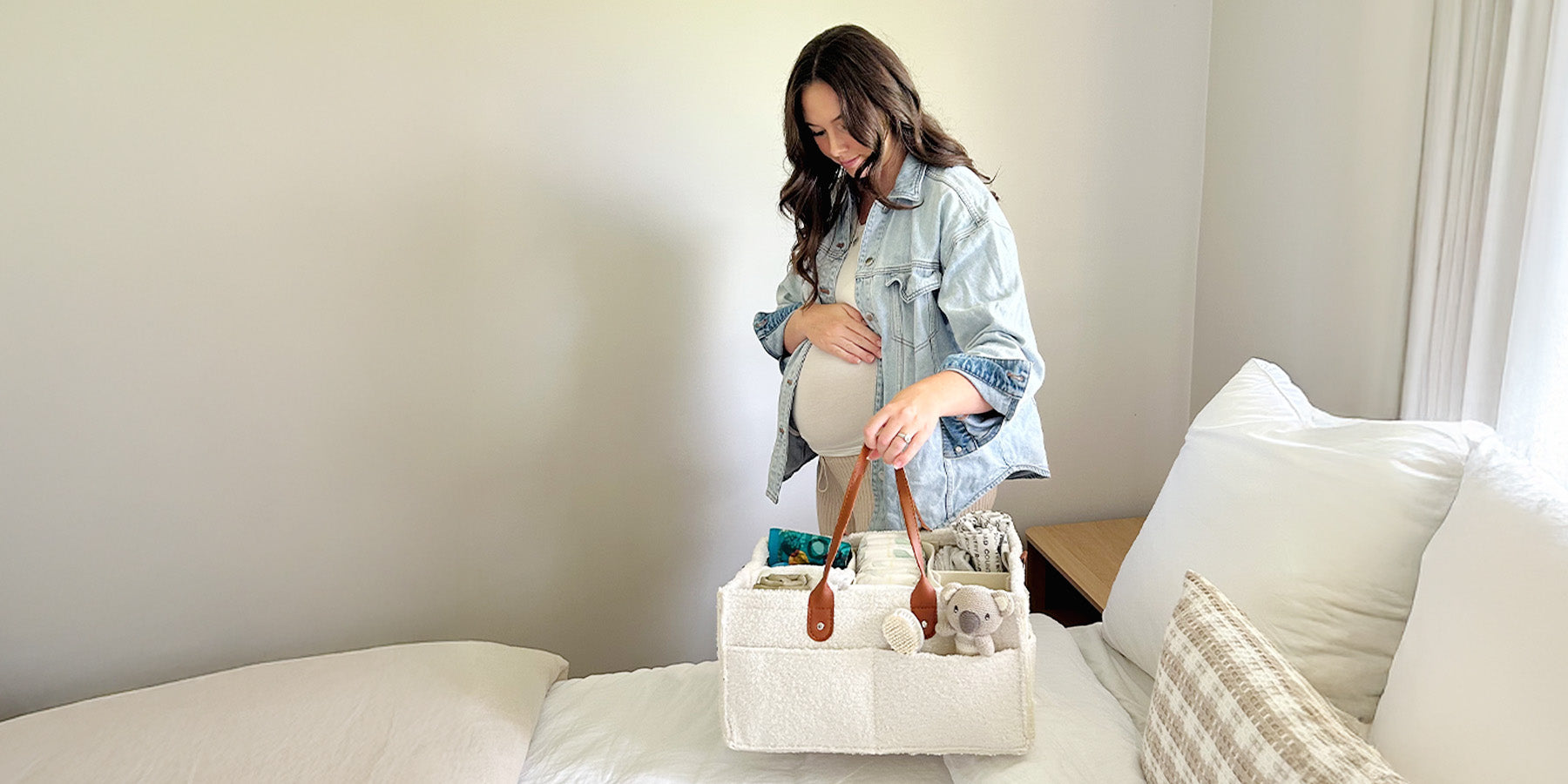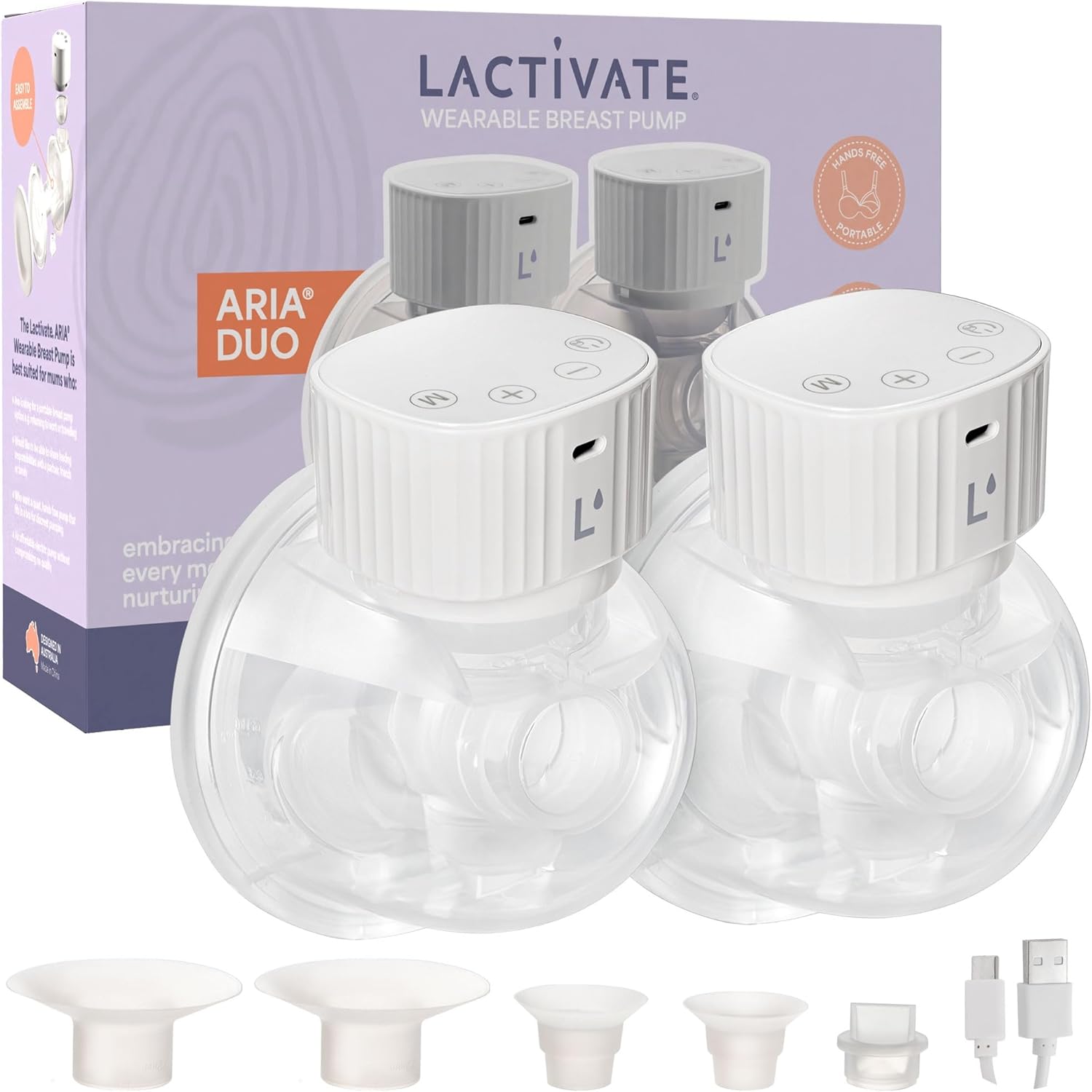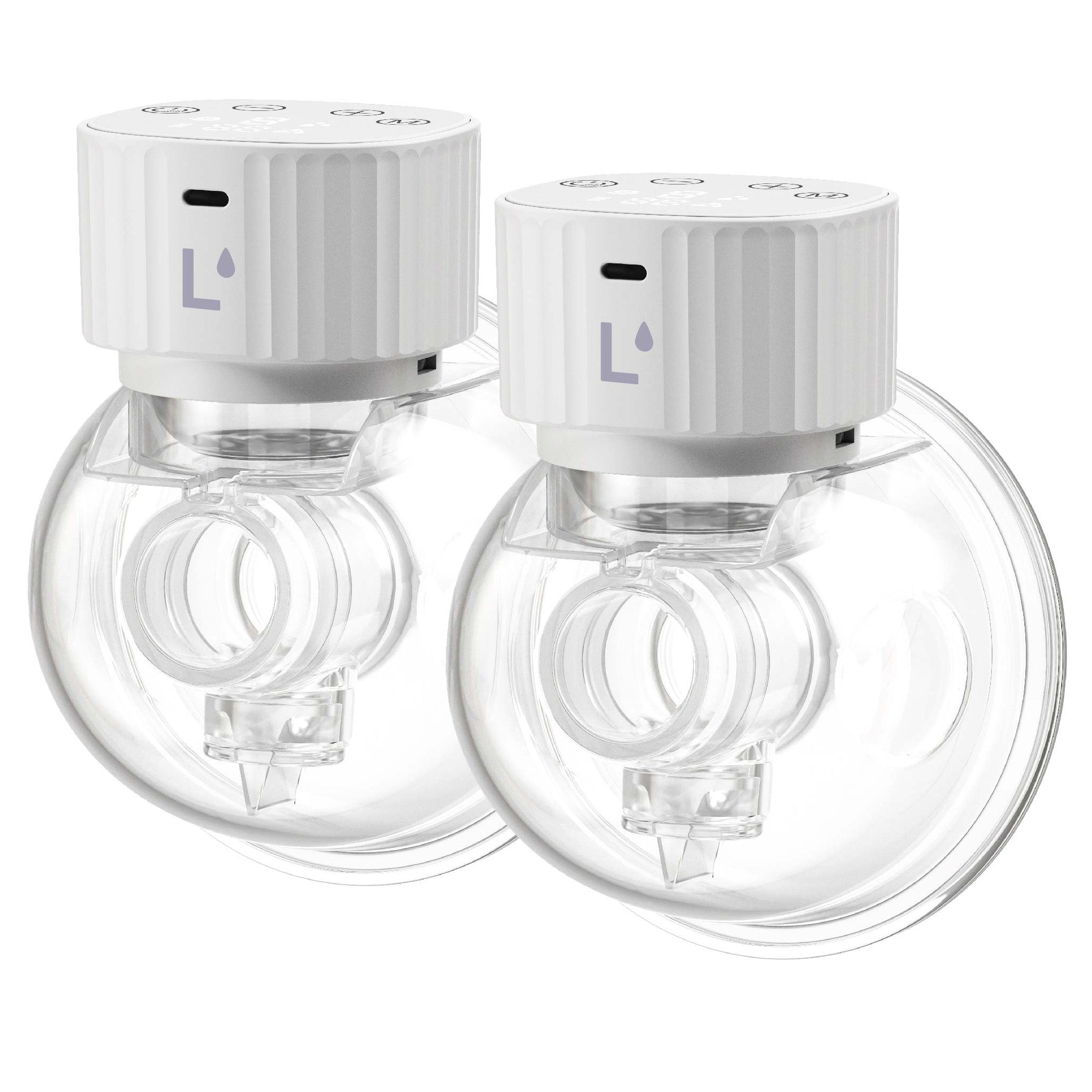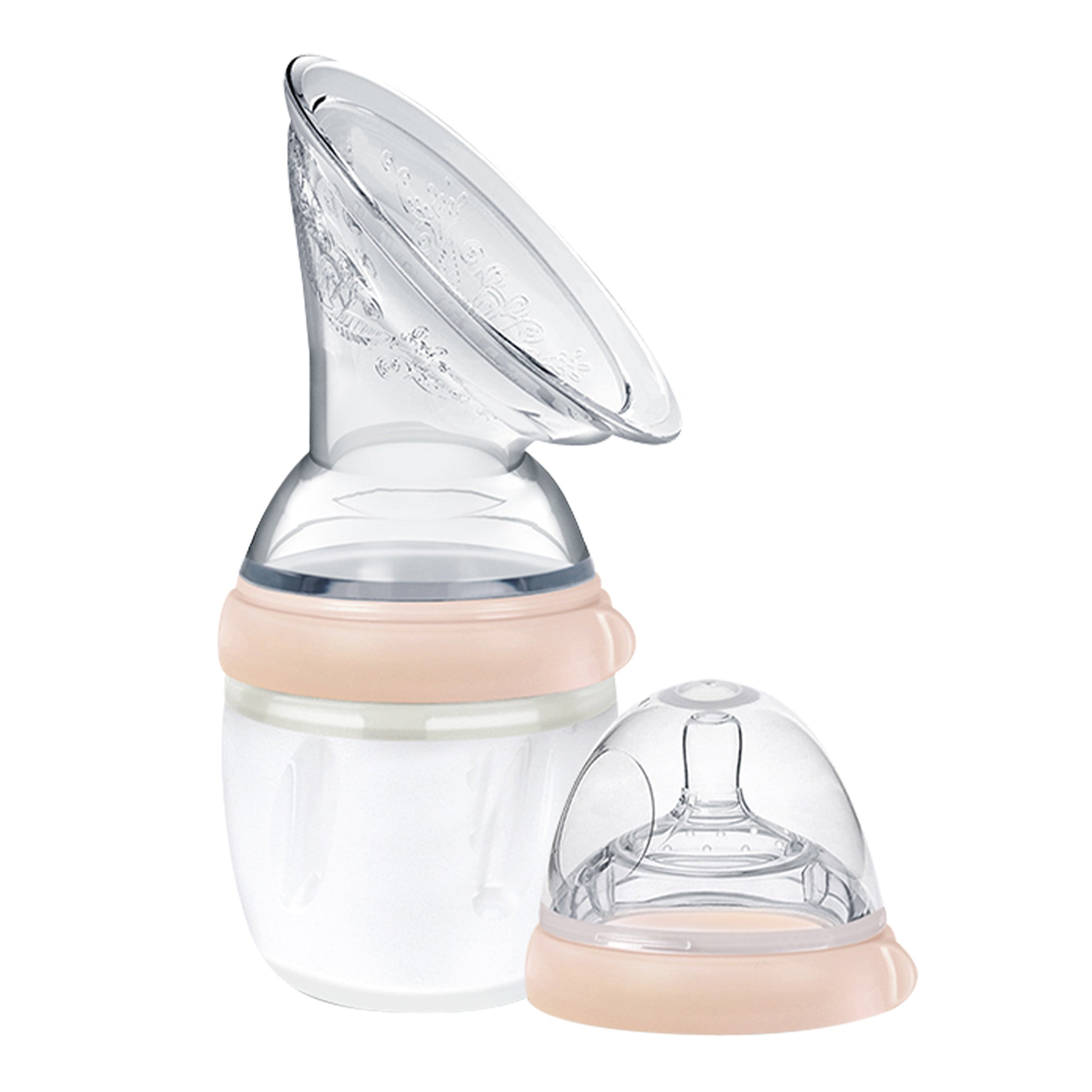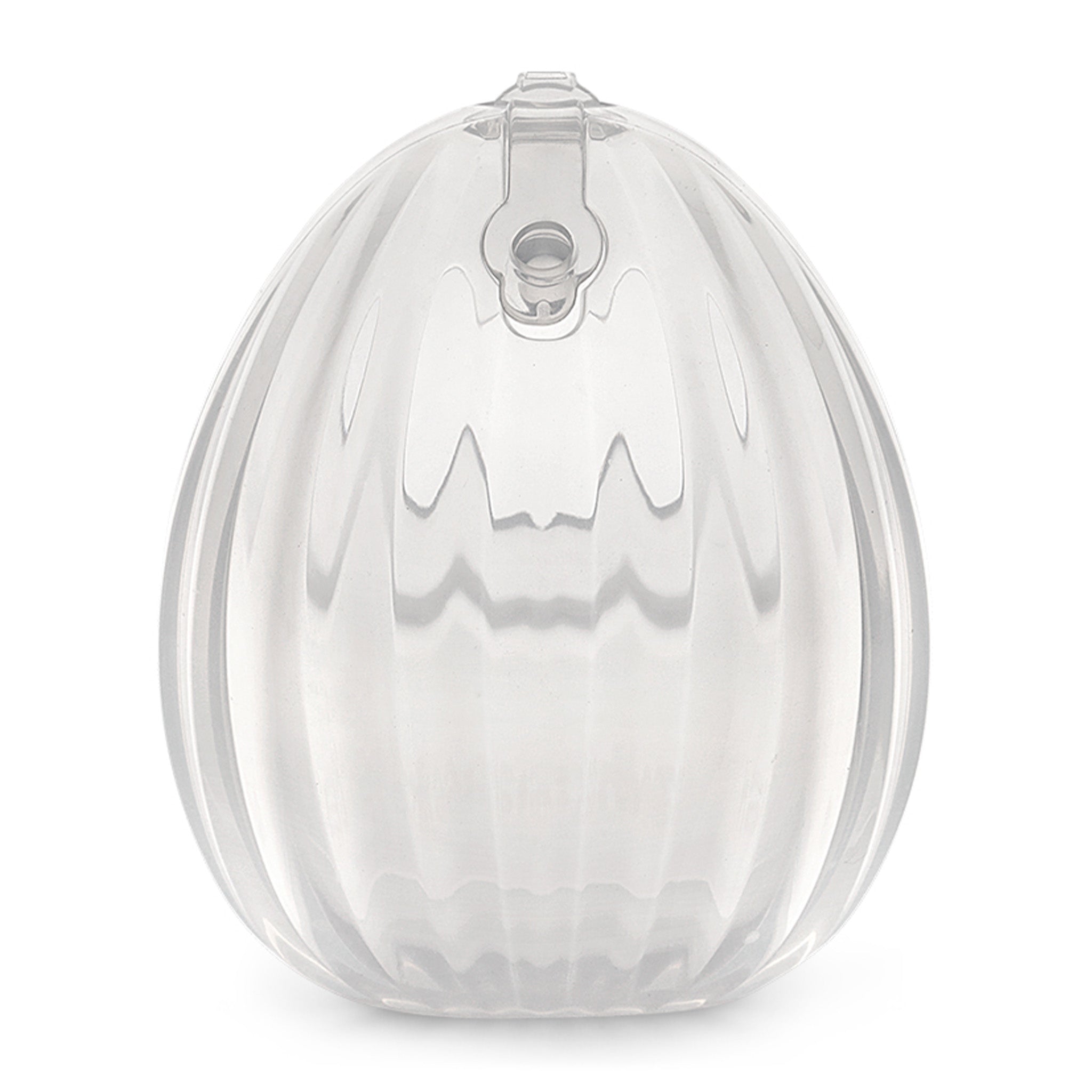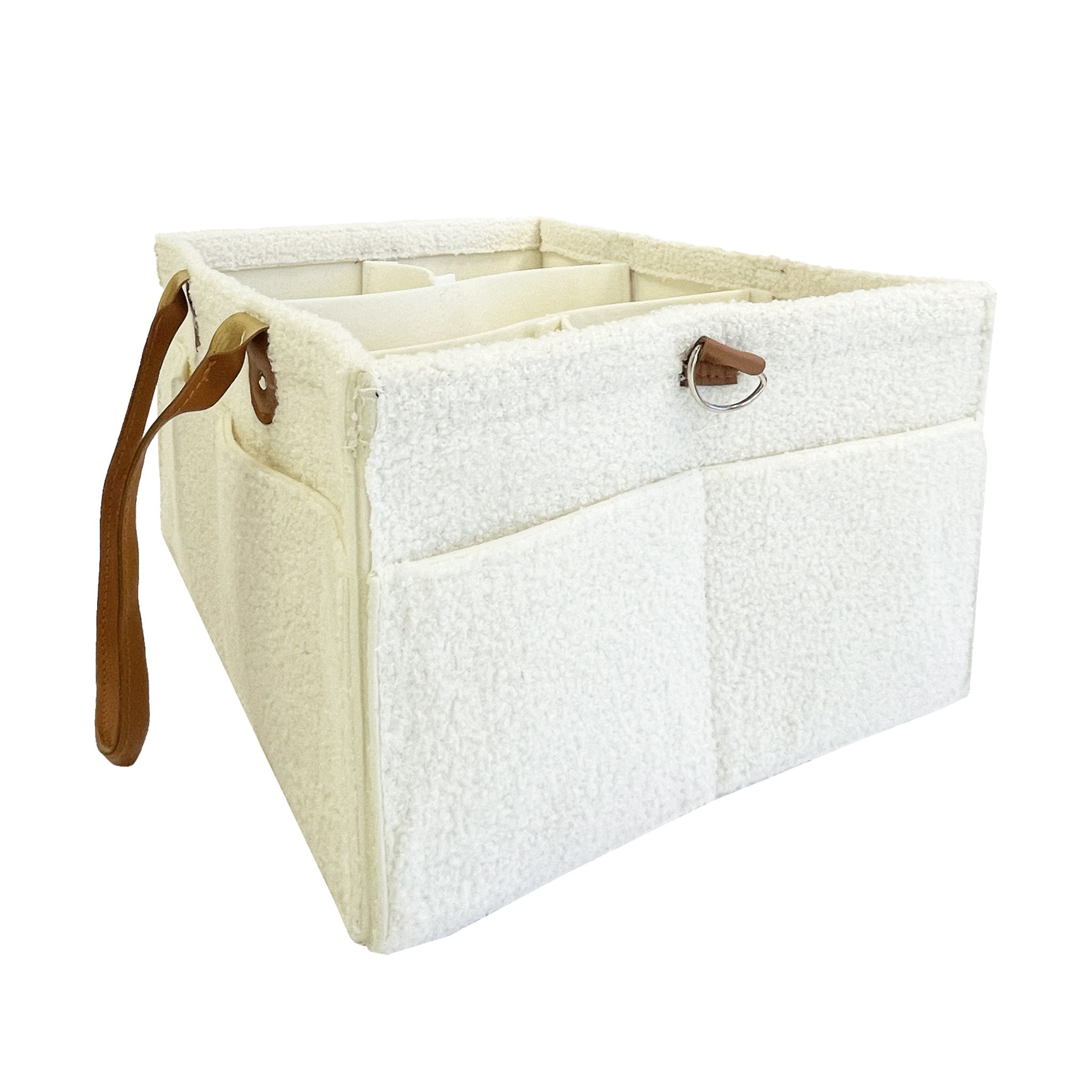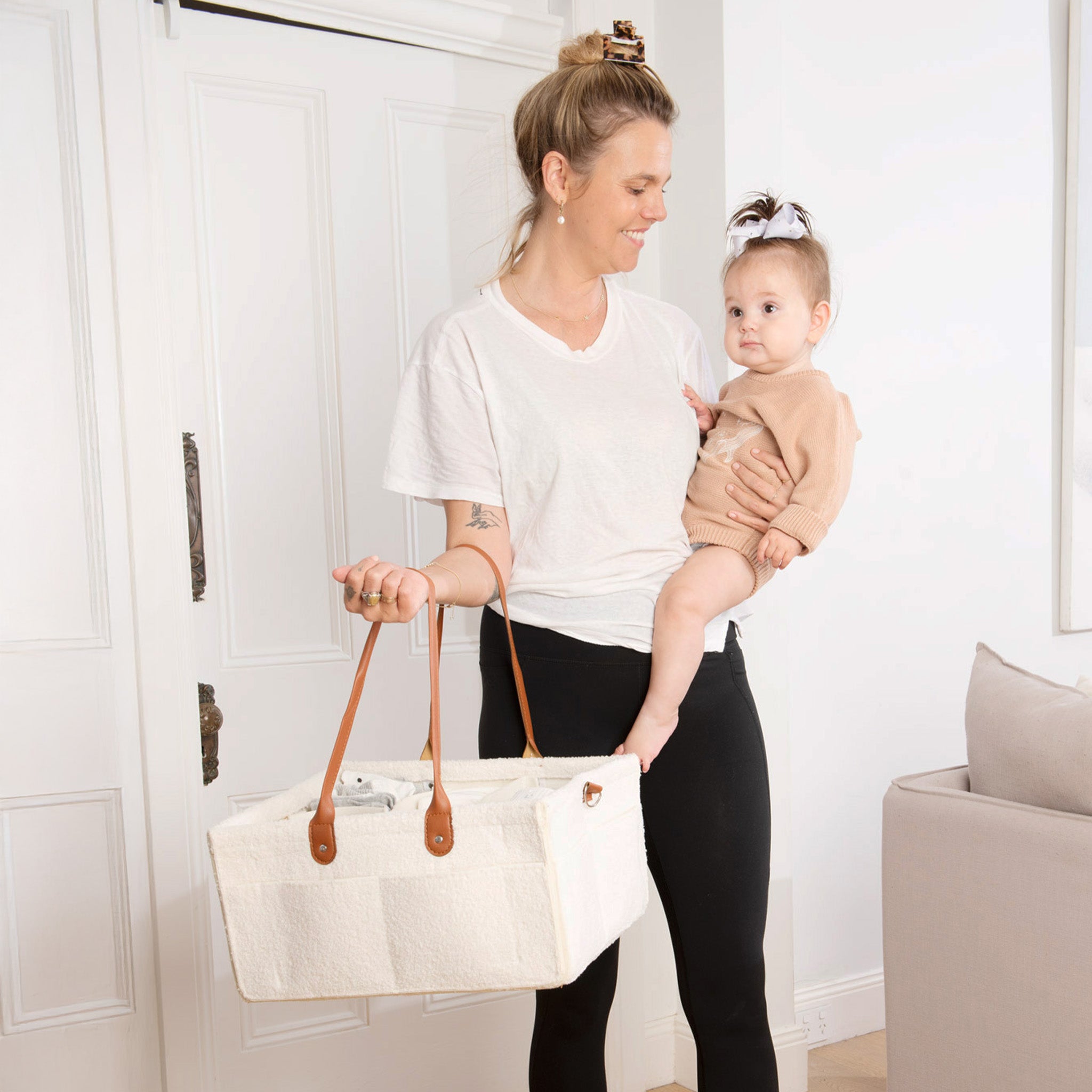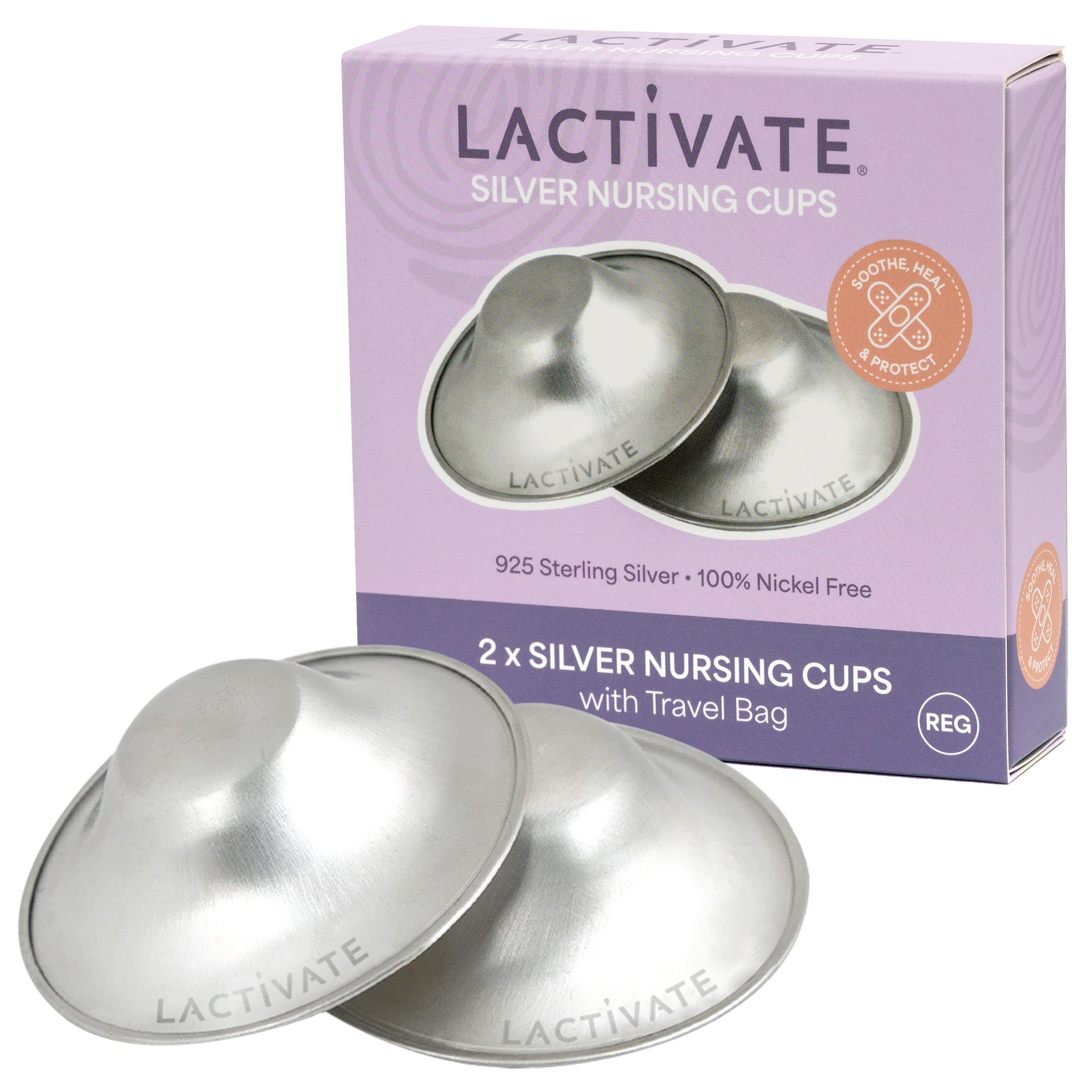Ahhh the conversations we have with our partners before the arrival of your baby. Who they’ll look like. What colour the nursery should be painted. Whether a gender reveal or baby shower might be a better idea. And it’s understandable, especially before the arrival of your first. Thing is, there are a couple of topics that you might want to add to the agenda that go beyond pink versus blue and touch on some of the most common challenges faced by new parents.
Here are the 3 conversations I wish I had had with my partner before the arrival of our first baby.
#1: What will breastfeeding support look like, especially if things are challenging?
Like we’ve mentioned many times, breastfeeding, in many cases, is a learnt skill. This means that for many women, myself included, it doesn’t happen automatically. It can take days, weeks, sometimes even months for a new mum to find her breastfeeding rhythm and a supportive partner can make all the difference. Having a discussion with your partner prior to birth about your hopes for your feeding journey and a contingency plan for if you require extra support can mean that the transition into parenthood is much smoother.
How to manage it? Include your partner in your breastfeeding education. Attending a breastfeeding class? Ask if your partner can come along. Point them in the direction of resources like The Australian Breastfeeding Association so they can read up on what to expect, especially around newborn behaviour and feeding frequency. Many, MANY new parents are slightly shell-shocked when they learn just how often a newborn can (and does) feed. Having a partner to reassure and remind you that waking every 2-3 hours is biologically normal, can make a huge difference when you start to doubt yourself and your body.
#2: How will we be managing the domestic load?
There is nothing like a baby to completely throw all semblance of your ‘old life’ out the window. Prior to baby arriving you and your partner may both have worked outside the home and split domestic duties up daily equally. All of a sudden, those circumstances change. In many cases, one parent may remain largely at home while the other returns to work outside the home. When this happens, much of the domestic labour can sometimes fall to the partner who is at home with baby. And theoretically, this can make sense. But when there’s a screaming, cluster feeding newborn who can’t be put down for a single second in the mix, time to put the washing on or unpack groceries seems a feat akin to climbing everest.
How to manage it? Speak with your partner prior to the birth about the realities of the boring stuff: grocery shopping, cleaning, the laundry, Who will doing what? And, if things start going pear shaped, what then? In the early days, sleep for both mum and bub trumps almost everything else, including domestic chores. Work with your partner to devise a way of staying on top of the basics to minimise stress. This could mean completely simplifying chores to the very bare bones minimum. Investing in a meal delivery system or stocking the freezer before baby arrives. For some, if budget permits, a cleaner can be a god send as it removes one job completely from the to-do list.
#3: How is the mental load going to change?
Pre-baby, it’s likely that your mental load was mainly centred upon your own life and all that it entails. One of the biggest changes that first time parents notice is just how much the mental load increases. Suddenly you are responsible for managing EVERYTHING that comes with a tiny human. From working out what time they’re next due a feed, to ensuring their vaccinations are booked in on time, to wondering whether you’ve completely missed their sleepy-time window, the mental load is next level. I remember waking up in the middle of the night (interrupting the already small amount of sleep I was getting), sitting bolt upright in bed because I had somehow realised that I hadn’t cleaned the breast pump when I’d used it at 10pm the night before and would need to use it again during the night. Add to that the complex mental mathematics that often accompany a trip out of the house (‘If we’re due there at 10am but bub needs a sleep at 9.15am then we’ll probably have to leave by 9am and hope they sleep in the car but they’ll need a feed before hand so that’ll need to be around 8.30am….’) and it’s A LOT.
How to manage it? Open and honest discussion with your partner. The parent who ends up spending more time at home with baby is often the one who the mental load defaults to and it can be really, really difficult to explain exactly how much goes in during working hours! Being transparent about just how much is going on AND accepting how exhausting it is can go a long way. Ditto dividing specific parts of the mental load between parents. Offloading tasks like making appointments can mean one less thing on your plate which can make all the difference.
Featured Product
The Lactivate New Mum Pack is designed to make your postpartum journey easier and more comfortable. Whether you're soothing sore nipples with our Silver Nursing Cups or freshening up "down there" with the Peri bottle - you'll have everything you need to survive (and thrive) as a new mum. Plus, you'll love our absorbent Nursing Pads and Breast Ice & Heat Pack for added relaxation. Transform your transition into motherhood with Lactivate!
For more breastfeeding resources and blogs, check out our resource section




